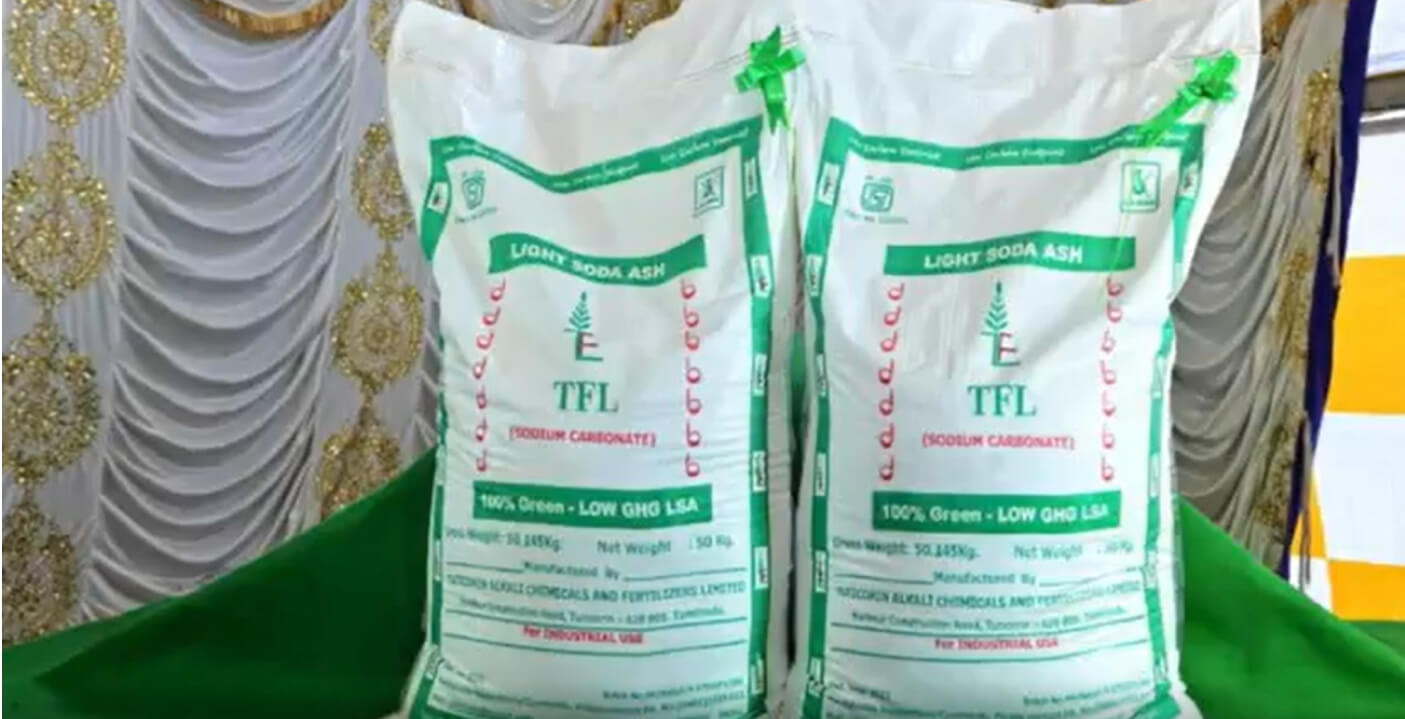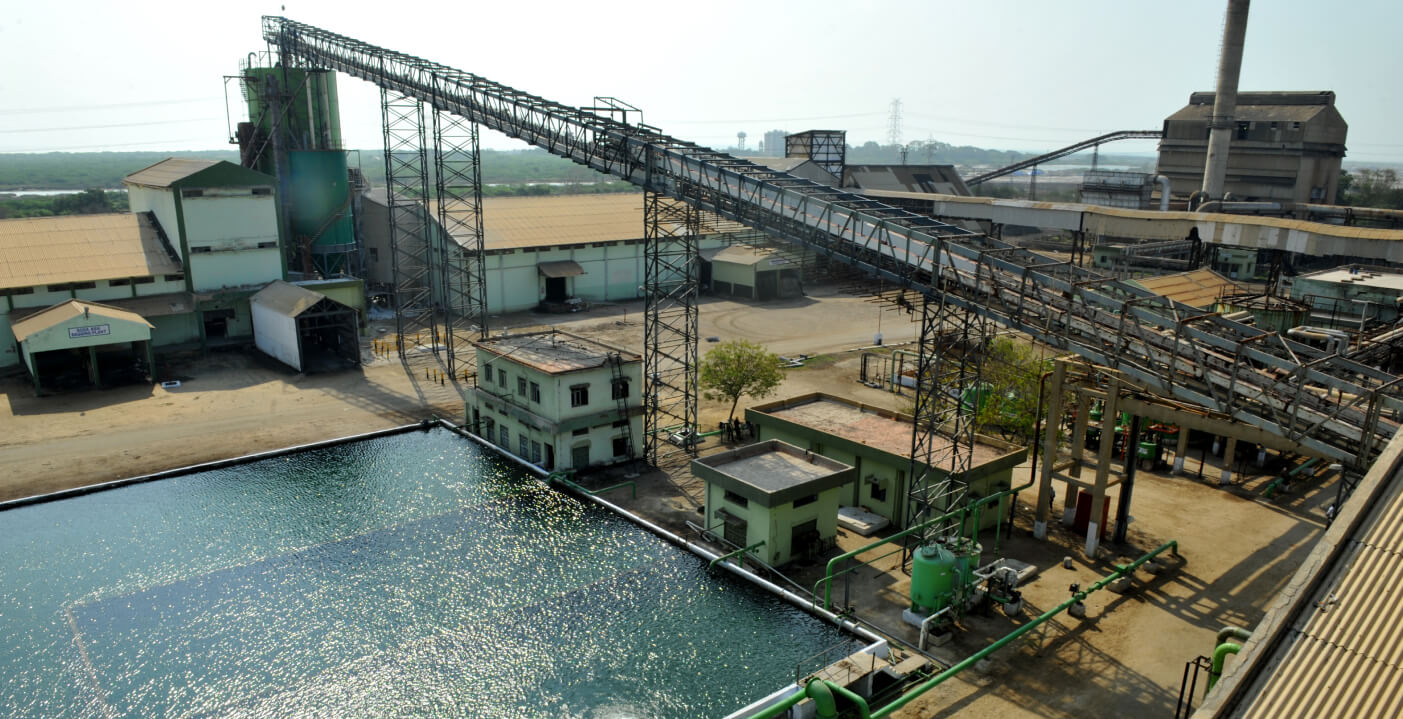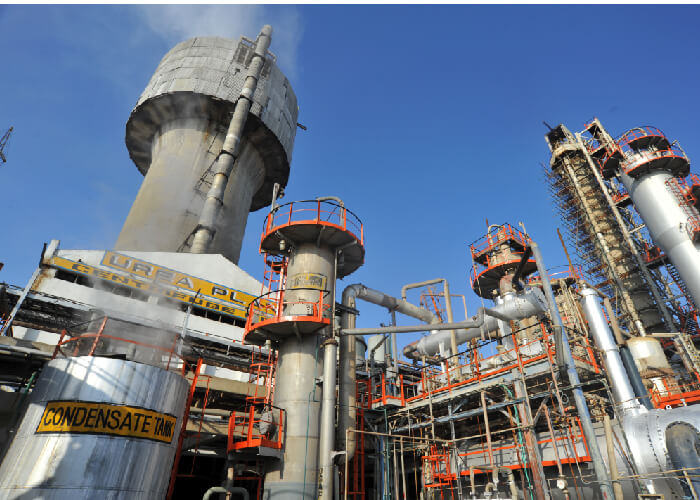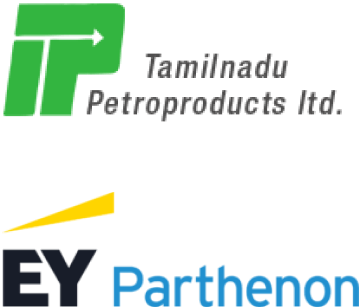
Tamilnadu Petroproducts Limited (TPL) is developing an integrated carbon-neutral roadmap and adopting use of circularity and clean energy to achieve sustainable manufacturing. The company has recently joined hands with consultancy firm EY-Parthenon to support its carbon-neutral objectives. TPL seeks to establish internal reduction targets consistent with the Science-Based Targets initiative and prepare an emission reduction strategy primarily for Scope 1 and 2 emissions.
A. What is carbon-neutral manufacturing, and how to approach it?
To reach carbon neutral manufacturing, companies will need to change their daily business interactions and manufacturing processes.
Three key strategies stand out in the quest for Carbon neutral manufacturing: energy efficiency and optimization, sustainable materials, and procurement, and adopting circular economy principles. All these approaches propose a pathway towards significant reductions in carbon emissions, contributing to the international effort against climate change.

1. Energy Efficiency and Optimization
Developing energy efficiency across manufacturing processes is one of the most competent methods to cut carbon emissions.
2. Sustainable Materials and Procurement
By using sustainable materials in their manufacturing processes, firms can lower their carbon footprint. This can mean using non-toxic materials and integrating recycled resources into manufacturing.
3. Circular Economy Principles
Lastly, adopting the principles of the circular economy can deeply transform manufacturing towards sustainability. Chemical producers like TPL may utilize circular economy models to reduce waste and maximize resource use.
B. 5 key things that TPL will implement.
 Comprehend and address Greenhouse gas (GHG) emissions.
Comprehend and address Greenhouse gas (GHG) emissions.
 Internal reduction targets with Science Based Targets Initiative
Internal reduction targets with Science Based Targets Initiative
 Devise emission reduction plan primarily for Scope 1 & 2 emissions.
Devise emission reduction plan primarily for Scope 1 & 2 emissions.
 Implement interventions like clean energy substitution, process efficiency improvement, circularity, and digital automation.
Implement interventions like clean energy substitution, process efficiency improvement, circularity, and digital automation.
 As the company moves towards its goal of carbon-neutral manufacturing, TPL is setting standards for sustainable manufacturing and industry operations.
As the company moves towards its goal of carbon-neutral manufacturing, TPL is setting standards for sustainable manufacturing and industry operations.1. Comprehend and address Greenhouse gas (GHG) emissions.
It should be noted that the standard for The Greenhouse Gas protocol was developed through a partnership between the World Resource Institute and World Business Council for Sustainable Development. This protocol sets a charter for measuring and managing greenhouse gas emissions and is the world’s most used greenhouse gas accounting standard. The standard covers accounting and reporting of seven greenhouse gases covered by the Kyoto protocol i.e. Carbon dioxide, Methane, Nitrous oxide, Hydrofluorocarbons, perfluorocarbons, sulphur hexafluoride and Nitrogen trifluoride. TPL will implement the monitoring of these by-products in its processes.
2. Internal reduction targets with Science Based Targets Initiative
The trend of Carbon accounting and sustainability are rising in popularity in the middle of global warming, and therefore TPL has taken up the initiative to set science-based reduction targets accordingly in a time-bound manner.
3. Devise emission reduction plan primarily for Scope 1 & 2 emissions.
Scope 1 emissions comprise direct emissions from a company’s owned or controlled sources. This involves on-site energy, such as natural gas and fuel, refrigerants, or emissions from combustion in owned or controlled boilers and furnaces, as well as emissions from fleet vehicles.
Scope 2 emissions represent the largest source of global GHG emissions by encompassing at least a third of them. This implies a greater emission reduction opportunity with the measuring of scope 2 emissions. But what do these emissions include? Scope 2 emissions comprise indirect emissions from purchased or acquired energy. Electricity, steam, heat, or cooling, that is generated off-site and consumed by the reporting company.
Scope 2 emissions represent the largest source of global GHG emissions by encompassing at least a third of them.
4. Implement interventions like clean energy substitution, process efficiency improvement, circularity, and digital automation.
A. Clean Energy Substitution
Fossil fuels are constituted primarily of energy sources from coal, oil, propane, and natural gas. Previously, alternative forms of energy have proven to be uneconomic substitutes. They have been less efficient and more expensive than fossil fuels. Therefore, governments world over provides subsidies for consumers who choose cleaner forms of renewable energy for their houses or their vehicles. Businesses like ours and governments both are investing in renewable energy infrastructure
and advancement.
B. Process efficiency improvement.
The critical challenge of reducing industrial greenhouse gas emissions has created a growing demand for a more inclusive understanding of how various technology options can contribute to realising carbon neutrality. Energy efficiency has long been regarded as a main pathway in this environment, however the volume and diversity of efficiency options has resulted in an unclear understanding of their combined impacts. In view of these challenges and opportunities the potential for efficiency improvement has been the focus of numerous government and academic studies across every industrial sector and in companies like TPL. This includes iron and steel, cement, petroleum refining, and pulp and paper.
C. Circularity
For a transition to carbon neutrality, we need the device of a carbon-neutral circular economy. Circular economy is effective in tackling global challenges like climate change, biodiversity loss, overconsumption, waste, and pollution. At the core of the circular economy lies the use of raw materials responsibly so that the earth’s well-being, climate, nature and biodiversity are not endangered. We at TPL are working towards making our business sustainable. We will identify our sustainability targets and make an action plan on how to achieve the set targets.
D. Digital Automation
While there are several views on reducing climate change, using technical solutions based on digital automation is often seen as an integral element of climate change solutions. Digital automation has been known to drive key results in containing climate change by offering practical and implementable solutions that contribute to environmental sustainability.
Circular economy is effective in tackling global challenges like climate change, biodiversity loss, overconsumption, waste, and pollution.
5. As the company moves towards its goal of carbon-neutral manufacturing, TPL is setting standards for sustainable manufacturing and industry operations.
Shifting towards carbon-neutral manufacturing is a significant step towards abating climate change and reducing environmental impact. Setting standards for sustainable manufacturing and industry operations not only benefits the environment but also creates a more resilient and responsible business model.
Conclusion
Decisively, manufacturers are critical in lowering global greenhouse gas emissions and bringing about carbon neutrality. Adopting sustainable and ecologically responsible methods is a moral responsibility and a sound business decision in today’s scenario. The success of these initiatives will call for a collaborative strategy, including all stakeholders, including manufacturers, governments, consumers, and investors, working together to create a sustainable future for generations to come.



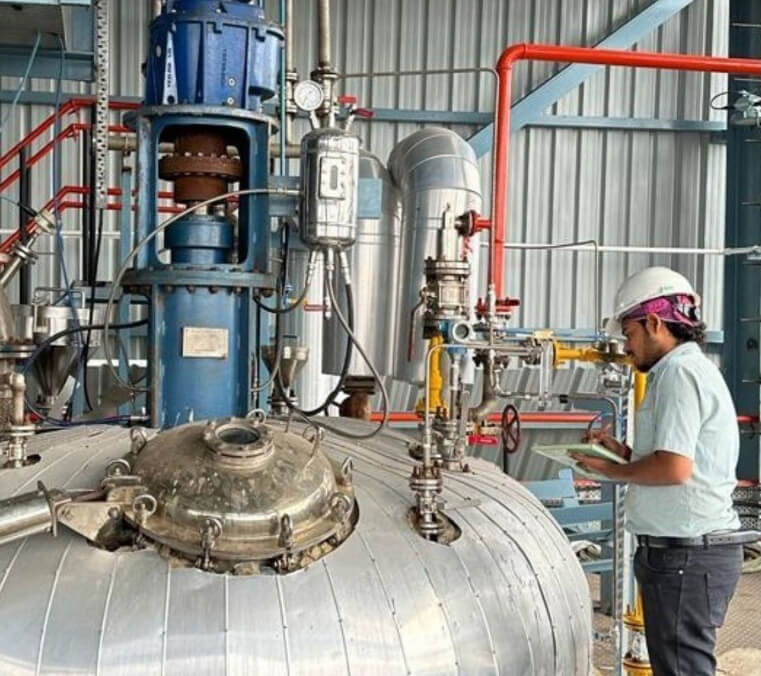

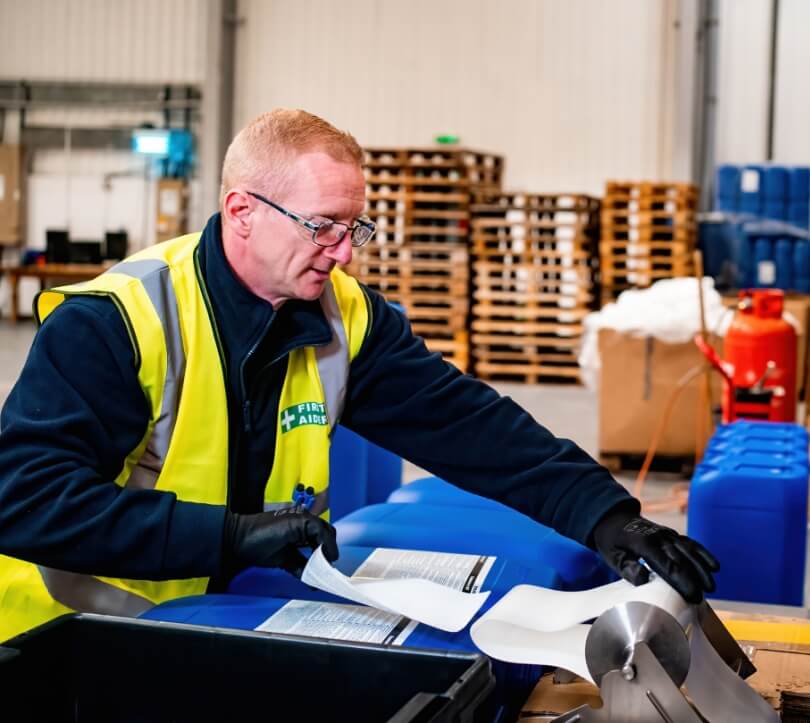
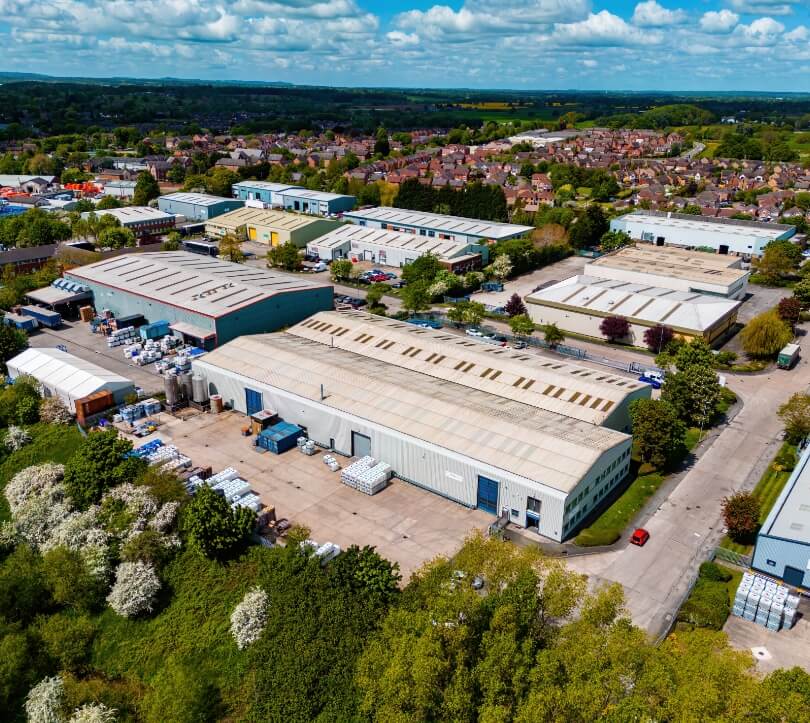






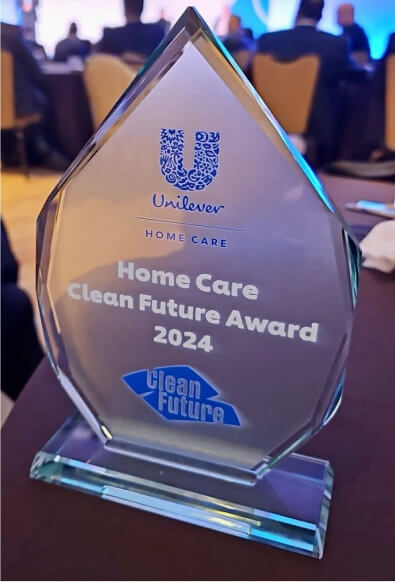 TFL is the most prominent producer of soda ash in South India. Our ground-breaking innovation of green soda ash also makes us the world’s first company to manufacture soda ash with near-zero carbon emissions.
TFL is the most prominent producer of soda ash in South India. Our ground-breaking innovation of green soda ash also makes us the world’s first company to manufacture soda ash with near-zero carbon emissions.